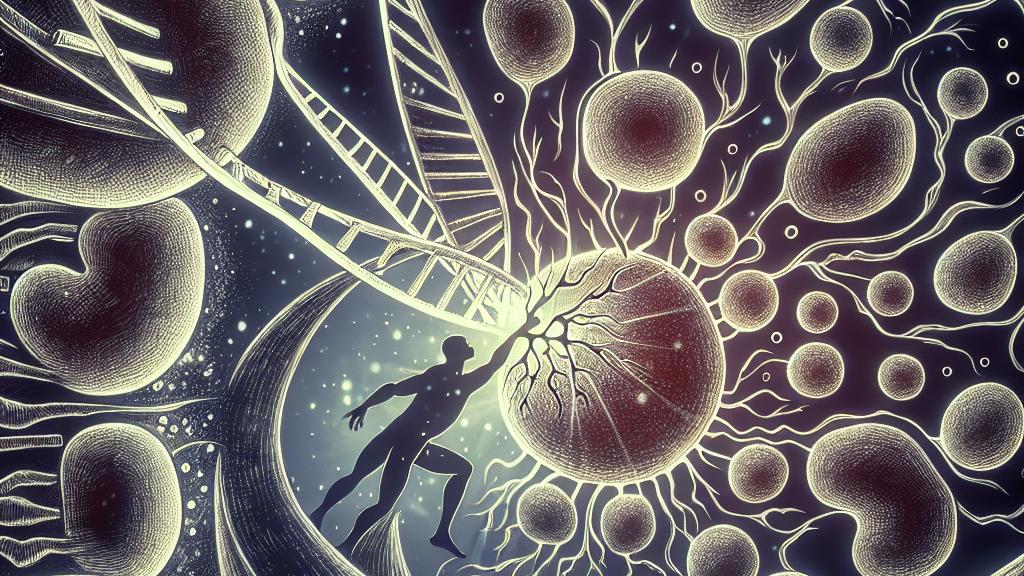How Fetal Liver Cells Help Protect Blood Stem Cell DNA
Overview
- Fetal hepatocytes are essential for protecting the DNA integrity of blood stem cells.
- The protein fetuin-A plays a crucial role in this protective process.
- Unraveling this connection may lead to new strategies for preventing developmental diseases.

The Indispensable Role of Fetal Hepatocytes
Imagine the bustling laboratories in Shanghai, where groundbreaking discoveries are unfolding. Here, researchers have unveiled a captivating role of fetal liver cells, also known as hepatocytes. Think of these cells as dedicated guardians tirelessly working behind the scenes to protect hematopoietic stem and progenitor cells (HSPCs). During the pivotal stages of embryonic development, rapid cell division poses a massive threat to DNA stability. Fortunately, fetal hepatocytes provide a nurturing environment that shields HSPCs from potential DNA damage. For instance, without this shield, researchers found that HSPCs are strikingly more prone to chromosomal instability—a peril that could deter the production of critical blood cells necessary for life.
Fetuin-A: The Unsung Hero of DNA Protection
Now, let’s shine a spotlight on fetuin-A, an extraordinary protein that acts like a superhero in this biological narrative. Just as a superhero activates special powers in a crisis, fetuin-A triggers vital pathways that fend off harmful R-loops—those pesky structures that can wreak havoc during DNA replication and transcription. In an eye-opening study involving fetuin-A knockout mice, dramatic results unfolded: these mice showed significant genome instability, coupled with an elevated risk of malignancies. This stark reality underscores the indispensable role fetuin-A plays during the delicate phases of fetal development. In fact, without this protein, the threats to HSPCs become incredibly pronounced, threatening the very foundation of healthy blood cell formation.
Broader Implications and Future Directions
The insights gained from understanding this intricate relationship extend far beyond academic curiosity—they open doors to potential breakthroughs in addressing serious health concerns, such as leukemia. Researchers have identified a compelling correlation between low levels of fetuin-A and the incidence of childhood leukemia, stirring new questions about proactive disease prevention strategies. Could it be that ensuring adequate fetuin-A levels during fetal development could safeguard against certain cancers? By unraveling the mechanisms through which fetal hepatocytes protect the DNA of blood stem cells, scientists-armed with newfound knowledge—are paving the way for innovative interventions that may one day reduce the risks associated with abnormal blood cell development. The implications are enormous, promising not only to deepen our understanding of developmental biology but also to illuminate paths toward improved health outcomes for future generations.

Loading...